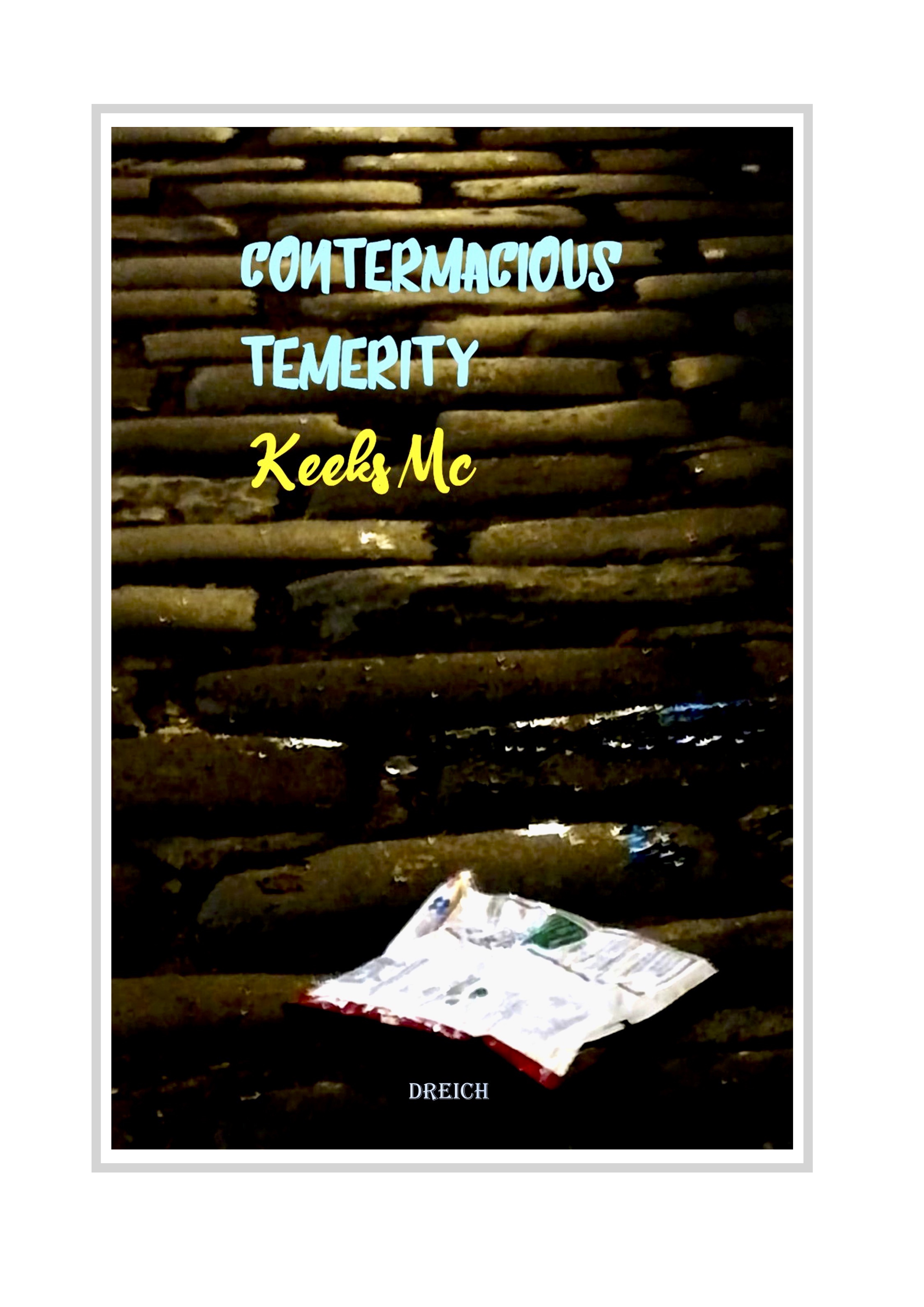ZOHAR ATKINS holds a doctorate in Theology from Oxford, where he was a Rhodes Scholar. His poetry has been featured in PN Review, Blackbox Manifold, Haaretz, The Oxonian Review, Typo, Wave Composition, and elsewhere. New work is forthcoming in Carcanet’s New Poetries. A final year rabbinical student at the Jewish Theological Seminary, Atkins is a Wexner Graduate Fellow and a David Hartman Fellow at the Shalom Hartman Institute of North America.
The Sin
According to the Zohar, a sin is never as defiant as it seems.
Rather, the sin, if it can be so called, always comes
from too much of what is proper.
The builders’ sin, for example, was not that they breached
the heavenly palace, but that they stopped
at the first gate.
Others say it was that they made the tower resemble a deity—
the builders had placed a sword in the tower’s hand
like children drawing on the cover of Time’s Person of the Year.
Others say the sin was that they had taken a natural word, “Babel”
and leveraged it into the brand of a Multinational Consulting Group.
This is the true meaning of “Let us make a name for ourselves.”
Suffice it to say, no one agrees.
As if the scattering of tongues in the story
were a cipher for the interpretive chaos to come.
And so we continue to debate what bricks to use.
Should they be made of rice paper or holograph?
Should the tower’s shadow be cut through enemy airspace?
Can folks in PR really be called builders?
I still can’t find the word sin anywhere in the story.
Mychal
Then Mychal, daughter of Saul, looked out
and saw King David leaping and dancing before God
and she despised him.
(2 Samuel 6:16)
The woman to my left says Mychal was jealous.
“She didn’t want David exposing his junk.”
As if the very sheerness of it
might spill
into the womb-
vision of the onlookers.
The man next to her says it was more
of an image thing.
“The princess didn’t want her father’s lineage degraded
by displays of free abandon. A king should control himself.”
Does it matter whether the slave women saw
his underwear
or his manhood?
A bright nakedness or a formed shadow?
Malbim says Mychal was too focused
on the outerwear.
This, from a man who never wore shorts.
A latecomer objects. The King never revealed a thing.
His “accident” was carefully planned.
The impressive flesh in question was, in fact, a strap-on.
His husband counters
“While the flesh was David’s own, it gave nothing away.
The onlookers couldn’t learn anything
from studying his body
that wasn’t already known on Instagram.”
We jostle nervously around the unexplained Contempt.
As if knowing David’s crime could account for it.
Maybe the narrator wants us to believe
Mychal hated David before she looked out,
his dancing a trigger—or an excuse—
for something unspeakable
only wives can know.
Or perhaps the narrator wants us to believe
Mychal’s jealousy—and by proxy, our own—
is for no one else, but God.
Poetry Is Failure By Other Means
Rift becomes drift.
Drift becomes draft,
and riven,
we drive on.
A rift is a raft, rife with drivel
and rivaling our aptitude
for rapture.
Daft is the new deft.
Defy trying, deify vying.
Faff.
So we roved,
draughts over the farthest ear,
here, where there is nothing
feared that is not heard. And nothing
heard that is not weird
or nothing weird that is not fed further off.
All works published by the Glasgow Review of Books are licensed under a Creative Commons Attribution-NonCommerical-NoDerivs 3.0 Unported License and the journal reserves the right to be named as place of first publication in any citation. Copyright remains with the poet. http://www.glasgowreviewofbooks.com




Leave a Reply